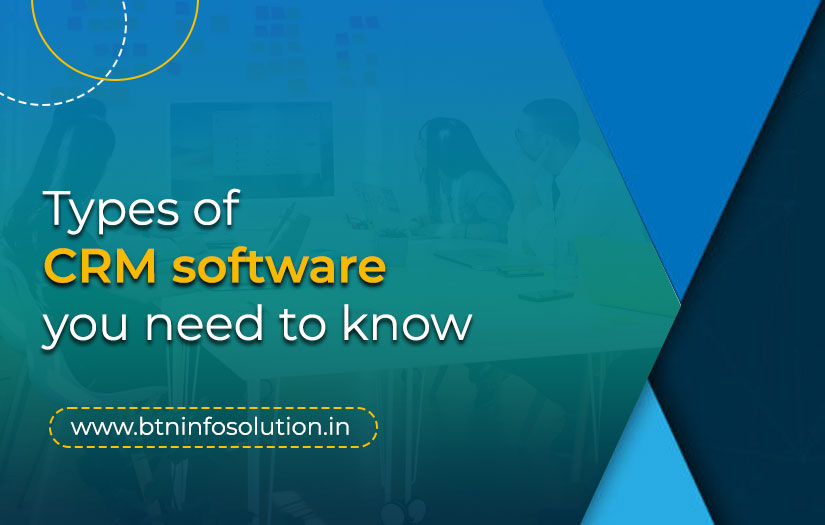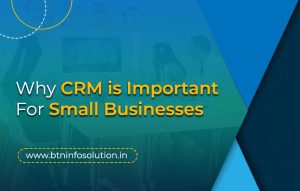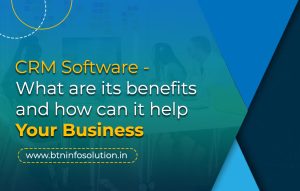What are the Best Types of CRM Software in the Market and which one is right for your company?
If you’re struggling with selecting a CRM with invoicing or other such features, make sure you define your goals for your business:
- Are you looking to automate your sales or marketing sales?
- Are you in search of solutions to study your customers?
- How do you want the different departments in your company to work together?
- Do you place a lot of emphasis on long-term relationships and relationships with your clients?
Based on these answers You can then determine the attributes your customized CRM needs to have.
Another alternative is to purchase the development of CRM services that are custom. It’s your CRM and billing software, based entirely on your specific business requirements and goals.
In this post, we’d like to discuss the different kinds of CRM software for businesses generally to let you know what’s possible.
Now, let’s have a closer look at the different types of CRM software available in the market.
- Operational CRMs
Operational CRMs provide your sales, marketing as well as customer services departments with the ability to better serve your existing and future customers.
Since you can organize the details about your contacts inside the tool and establish standards for procedures this tool can be used to achieve automatization, which includes:
- Marketing automation
- Sales automation
- Service automation
In this way, the different departments can collaborate to capture, nurture, or close sales for your business.
For instance, leads originating from different channels of marketing can be uploaded automatically into the CRM software for businesses by integrating using tools such as Mailchimp as well as Outreach. With the help of tags, they are then placed in the appropriate stage of your sales cycle and be further examined by the sales team.
- Analytical CRMs
Analytical CRMs allow companies to make more efficient use of the data they collect about their customers. This includes customer preferences channels, their preferred channels, contacts, interests, and much other information.
In the case of operational CRMs, they link customers to sales funnels, such as analytical CRMs that aid in understanding their customers.
- Collaborative CRMs
Collaborative CRMs permit various teams within your organization to share information regarding customers. While most operational CRMs focus on sales and marketing, however, in this instance the focus is on customer service.
With collaborative CRMs, you are able to increase the flow of data between departments, such as marketing and sales, as well as support teams. The two departments are often working in isolation and this makes addressing customer inquiries more challenging. With collaboration CRMs, managing relationships with your clients is much more straightforward.
- Strategic CRMs
Sometimes, as part of the definition of collaborative CRM, Strategic CRM concentrates on the customer. In this case, gathering details about your customers and the interactions they have with your company could help improve their relationship with them.
This kind of CRM software for businesses is known as strategic. It does not just give you insight right away but alters or customizes how you interact with your customers over the long term. This is a great solution for those operating the business where your focus is on relationships that last, instead of quick sales and shorter campaigns.
Consider how you’d like to handle your clients and customers. Look at solutions that are available and determine if they meet your requirements. Get in touch with us to learn more about CRM software for small businesses in India and how we may assist you.






